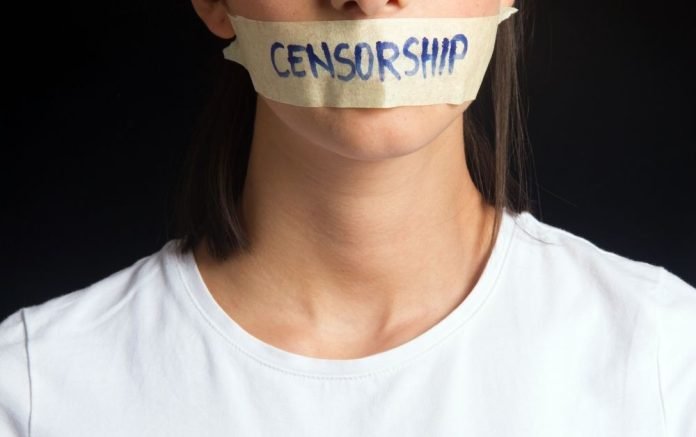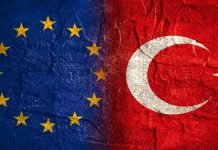Seven Turkish journalist unions criticized a bill on Friday presented to parliament by the ruling Justice and Development Party (AKP) that paves the way for sanctions, including a prison sentence of up to three years, for social media posts that are found to have been produced for the purpose of fake news and disinformation, Turkish Minute reported
The Turkish Journalists’ Association (TGC), Turkish Journalists Union (TGS), Contemporary Journalists’ Association (ÇGD) and the International Press Institute’s (IPI) Turkey Committee were among the unions that signed the joint statement released on Friday.
Warning that the bill “may pave the way for one of the most severe censorship and self-censorship mechanisms in the history of the republic,” the unions called on the government to immediately withdraw it.
They added that the bill seemed to have been drafted to increase “the oppression of journalism” rather than “the fight against disinformation.”
The journalists also condemned the ruling AKP for “not feeling the need to consult press organizations in Turkey” during the process of drafting the law.
“It’s a requirement of democracy for politicians of any party to establish dialogue with leading professional organizations and civil society representatives in the relevant field while preparing such regulations that directly concern the right of the society to obtain and receive information. We condemn the violation of this democratic principle,” they said.
The bill aims to add the offense, titled “Publicly Disseminating Misleading Information,” to Turkish Criminal Law No. 5237 as clause A of Article 217, which says, “Anyone who publicly disseminates false information regarding the internal and external security, public order and general health of the country, with the sole motive of creating anxiety, fear or panic among the public, in a way that is suitable for disturbing the public peace, is sentenced to imprisonment from one year to three years.”
The AKP government has been relentless in its crackdown on critical media outlets, particularly after a coup attempt on July 15, 2016.
As an overwhelming majority of the country’s mainstream media has come under government control over the last decade, Turks have taken to social media and smaller online news outlets for critical voices and independent news.
Turks are already heavily policed on social media, and many have been charged with insulting Turkish President Recep Tayyip Erdoğan or his ministers, or criticism related to foreign military incursions and the handling of the coronavirus pandemic.















